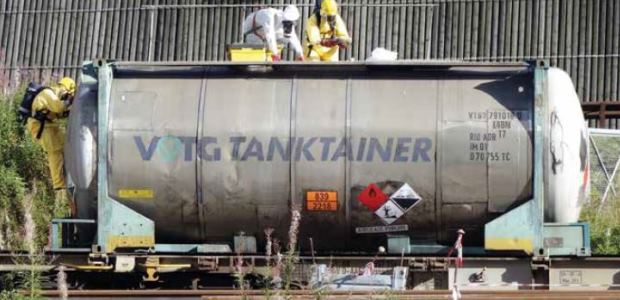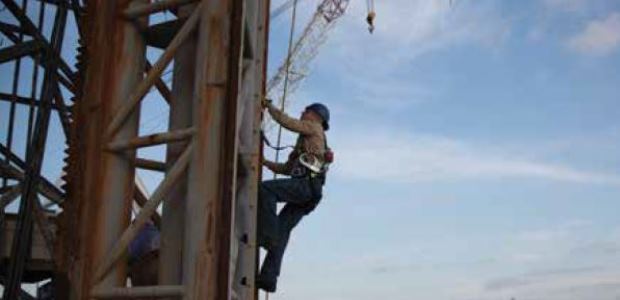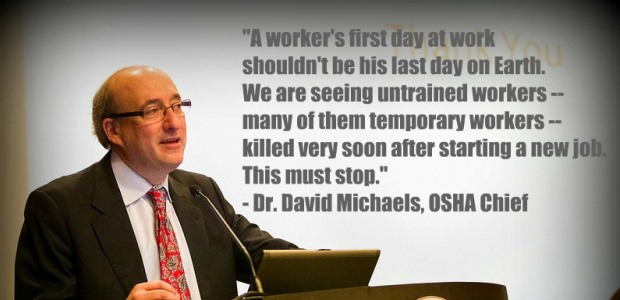
Speaking at an AIHce 2016 session, several experts said industrial hygienists are well suited to anticipate, recognize, and respond to the hazards and to control the risks using science-based methods.

Continuous improvement and evolution of leading indicators will help your organization continuously improve safety records and reduce risks.

Waiting until the victim has fallen and is waiting to be retrieved is the wrong time to be making decisions about how to safely get the worker down.

Identifying GFCI use with extension cords is one of the best and easiest steps when inspecting a job site for safety.

In the absence of automated fall detection, a buddy system, along with a mindful approach where workers remain aware of each other, is called for because an undiscovered victim is a tragedy in the making.

If there is no way through engineering or administrative controls to get exposure to acceptable levels, respiratory protection must be provided.

These incidents evoked a paradigm shift in organizational behavior and influenced the creation and enforcement of new legislation to prevent similar situations from happening.

Tempting as it may seem in the “real world,” fall protection choices should never be influenced by convenience alone.

Flexible, lower-cost options enable printing durable, appropriately-sized GHS, HMIS, NFPA, or hybrid labels on demand for smaller “down-packed” chemical container labels.
The July 13 event is planned for 9 a.m. to 4 p.m. with representatives from the railroad industry, railcar manufacturers and owners, and industry associations attending to discuss the progress of moving to a new and stronger rail tank car, the DOT 117.

Beginning June 21, 2016, food trucks in the state need to have a permit and inspection from the Washington State Department of Labor & Industries.
"Today, consumers are using antiseptic rubs more frequently at home, work, school and in other public settings where the risk of infection is relatively low," said Dr. Janet Woodcock, M.D., director of FDA's Center for Drug Evaluation and Research. "These products provide a convenient alternative when hand washing with plain soap and water is unavailable, but it's our responsibility to determine whether these products are safe and effective so that consumers can be confident when using them on themselves and their families multiple times a day. To do that, we must fill the gaps in scientific data on certain active ingredients."

OSHA Assistant Secretary Dr. David Michaels on June 28 outlined several more regulatory initiatives he said it will address during his final months as the agency's chief.
Robert Lewellen and Scott DeBow, CSP/ARM, together discussed temporary workers in health and safety and the relationship the American Staffing Association has with OSHA.
Craig Galecka, P.E., CSP, for LJB Inc., along with Shawn Smith, CSP, U.S. Navy, led an afternoon session at day two of the ASSE Safety 2016 show discussing fall protection. In classic Letterman-style, the duo organized the presentation into a top ten list, discussing the most common fall protection equipment misuses.